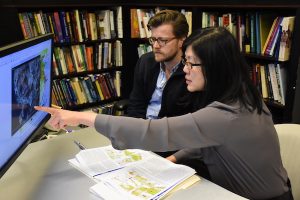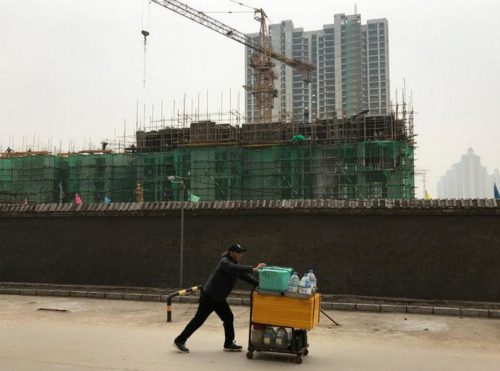Growing cities may precede an uncertain and sobering future for the planet. A new international study coauthored by Yale School of Forestry and Environmental Studies professor Dr. Karen Seto suggests that urban expansion will result in the loss of vast areas of cropland by 2030.

The findings, published in Proceedings of the National Academy of Sciences, estimate that approximately two percent of global cropland will be lost. Much of this land is highly productive, producing yields far above the global average. Moreover, a large proportion of the cropland at risk belongs to some of the poorest, most vulnerable regions in the world, particularly developing countries in Asia and Africa. Climate change will pose an additional challenge to tropical regions, as rising temperatures and sea levels alter landscapes and crop viability.
Seto was surprised and alarmed to find that the places predicted to lose the largest percentage of cropland tend to have weaker government institutions, higher corruption, and less rule of law. This instability, combined with crop shortages and high unemployment should farmers and pastoralists lose their lands and livelihoods, would potentially create for food riots and social upheaval.
To avoid such conflict in the future, Seto believes that governments must think beyond city boundaries and make regionally beneficial decisions. “Sustainable urbanization and development has to take into consideration all of these places that are not urban. We have to think about preserving and being stewards of the larger ecosystems,” Seto said. Seto hopes the study highlights the role that decision-making in cities ultimately plays in sustaining other types of ecosystems.

